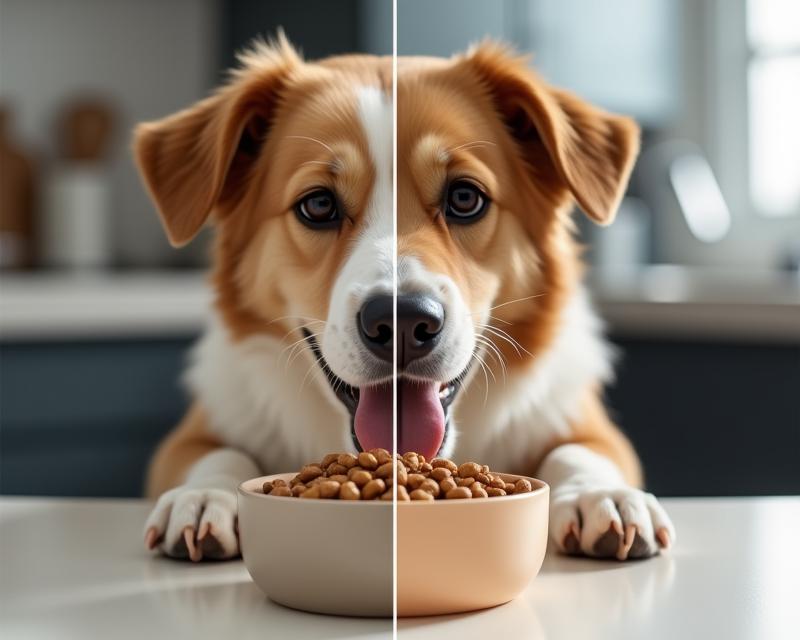Grain-Free Diets: What's the Truth?
Publish in Health el 28/06/2025 23:14
Grain-Free Diets: What's the Truth?
As pet owners, we always want the best for our furry friends. You've probably seen a lot of marketing pushing grain-free diets for dogs and cats, claiming they're healthier. But are they really? Let's dive into the facts about grain-free diets and see what's actually best for your pet.

What are Grain-Free Diets?
Grain-free diets, as the name suggests, exclude grains like corn, wheat, rice, and oats. They often replace these grains with other carbohydrates like potatoes, peas, lentils, or tapioca. The idea behind these diets is that pets haven't evolved to digest grains efficiently, leading to potential health problems. However, this isn't entirely accurate.
The Controversy: Are Grains Bad?
For most pets, grains are perfectly safe and can even be a good source of nutrients! Grains provide carbohydrates for energy, fiber for digestive health, and essential vitamins and minerals. The concern surrounding grains often stems from the *quality* of the grains used in pet food. Sometimes, cheaper pet foods use low-quality grains, which can be harder to digest. However, the problem isn't the grain itself, but the overall ingredient list and the way the food is formulated.
The DCM Connection
In recent years, there's been concern about a potential link between grain-free diets and Dilated Cardiomyopathy (DCM), a heart condition in dogs. The FDA has been investigating this. While a definitive cause-and-effect relationship hasn't been established, they've found a correlation, particularly with diets high in peas, lentils, and other legumes. It's important to note that not all grain-free diets are implicated, and DCM can have multiple causes. If you're feeding a grain-free diet and notice signs of DCM (like coughing, lethargy, or difficulty breathing), consult your veterinarian immediately.
What's the Best Choice for Your Pet?
Ultimately, the best diet for your pet depends on their individual needs. A high-quality pet food, whether it contains grains or not, should be formulated to meet their specific life stage (puppy, adult, senior), breed, and activity level. Look for foods with named protein sources (like chicken or beef) as the primary ingredients and avoid foods with excessive fillers.
Always consult with your veterinarian to determine the most appropriate diet for your beloved companion. They can assess your pet's health and recommend a food that will keep them happy and healthy for years to come.





